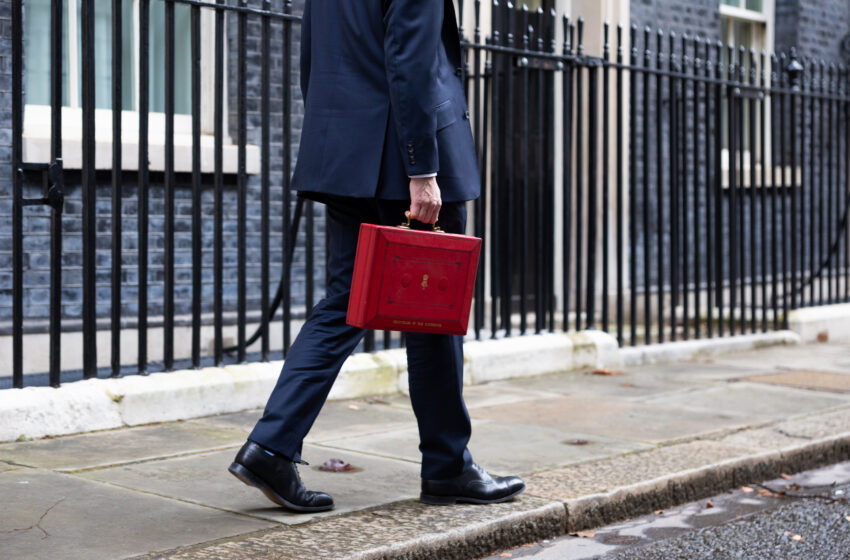
National living and minimum wage set to increase from next April
Last Tuesday (21st November), Chancellor Jeremy Hunt announced a change to the national living and national minimum wage. These changes then headlined his Autumn Statement released on Wednesday.
The increase of the national living wage from £10.42 to £11.44 per hour is a rise of 9.8%,
which outstrips inflation.
This means that a worker who was earning the living wage will earn £1800 more every year. The above-inflation wage hikes, which come into effect in April 2024, are predicted to affect over 2.7 million low-paid workers.
The current inflation figures, published by the Office for National Statistics (ONS), indicate
that inflation fell to 4.6% in October, down from 6.7% in September.
This means that whilst prices are still increasing for the majority of goods, they are rising at a
slower pace.
Both the national minimum and living wage are government-mandated hourly pay rates, meaning employers are legally required to pay this amount. The difference was that the national living wage applied to over 23s only. Hunt announced that the new rate will apply to 21 and 22-year olds, who were previously only entitled to the lower minimum wage.
Workers in this age group will see their wages rise from £10.18 to £11.44 per hour, an
increase of 12.4%. They could earn an extra £2300 annually. Meanwhile, the national minimum wage will also increase for younger workers.
18-20 year olds will see an increase from £7.49 to £8.60, whilst apprentices’ wages will rise from £5.28 to £6.40 per hour, an increase of over 20%.
Many responded positively to this news, including the chair of the Low Pay Commission,
Bryan Sanderson, and Nye Cominetti, the principal economist of the Resolution Foundation
think tank. The latter said the following: “The more than £1 an hour increase in the national
living wage next year is huge – the third-biggest rise ever in both cash and real terms.”
However, it was met less warmly by Kate Nicholls, chief executive of the hospitality body UK
Hospitality, who voiced concerns about who would shoulder the extra cost burden: “although
government announces it, it is businesses who deliver it”.
Those working low-paid jobs, particularly students, should see their incomes increasing
significantly from next April.
However, the increase could have a detrimental effect by pushing some part-time students into the £12,750 National Insurance threshold, meaning any increase is then lost to tax.

